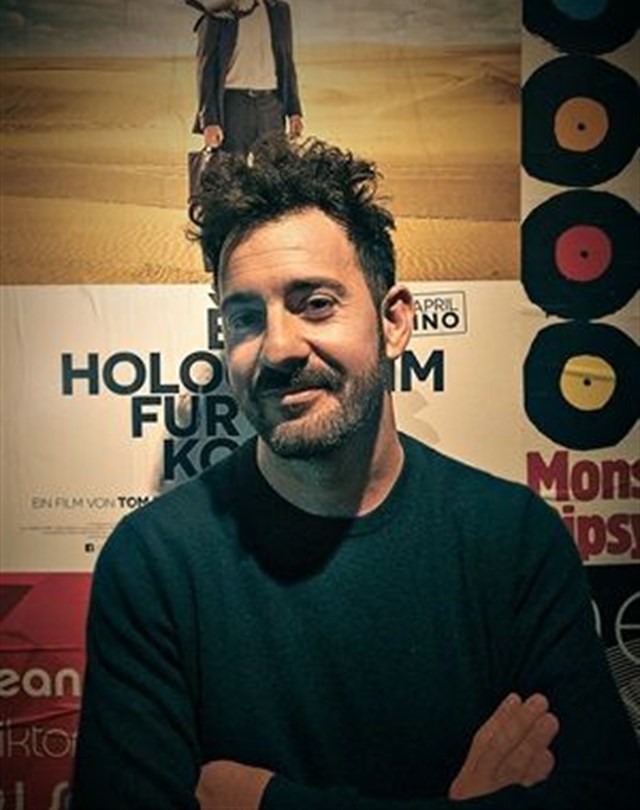
Top stories


LegalNigeria to implement new tax laws from January 1 despite calls for delay, Tinubu says
Camillus Eboh 1 day

Ciclope Africa debuted as part of the Ciclope regional awards earlier this month. It marked the first-ever African edition of the Ciclope festival – the leading international awards show which recognises exceptional craft in moving image. The African festival, which received over 150 submissions across 16 categories, was hosted at Cape Town’s new critically acclaimed Museum of Contemporary Art, Zeitz MOCAA.
 Why is it important to also focus on craft, as opposed to only the “big idea”?
Why is it important to also focus on craft, as opposed to only the “big idea”?I believe that both are equally important. Neither can thrive without the other. Words by the creative legend, Sir John Hegarty, have always resonated with me: “Advertising is 80% idea, but also 80% execution”. I believe it has always been this way, but nowadays, with the rise of social media, mobile devices, etc., great work gets lost in the clutter when there is mediocre craft execution.
 What is the relevance of Ciclope Africa to the continent?
What is the relevance of Ciclope Africa to the continent? We wanted to come to Africa to shine a brighter light on local craft work, because, in my opinion, it has been very underrepresented internationally. It is tough to say how this will impact the market in the long-run, but we are extremely proud of the first-ever Ciclope Africa, and I believe that in time we will show the world what Africa can do (and already does).
 How would you rate the standard of work judged, compared to international norms?
How would you rate the standard of work judged, compared to international norms?I was not on the judging panel, but I had an overview of all the work entered. I can, without a doubt, say that the African craft work I saw easily competes with the best in the world.
 What stood out for you in the work?
What stood out for you in the work? Great imagery, and sound.
 What delighted you?
What delighted you? All entrants made it incredibly tough for our judges to choose the winners. The standard of work was extremely impressive.
 What can the rest of the world learn from Africa?
What can the rest of the world learn from Africa? That money shouldn’t be an obstacle when producing great work.
The world is interested in the amazing work being produced here in Africa.
 Where does the African film/production industry need to improve where craft is concerned?
Where does the African film/production industry need to improve where craft is concerned? I believe it boils down to time and trust. In time clients will become more confident and trusting, and in turn, creatives and directors will work in unison, thus producing better craft work as a consequence.
 What takeout should the industry take home after Ciclope Africa?
What takeout should the industry take home after Ciclope Africa? It is testament to the work produced in Africa that it captured the attention of an international festival like Ciclope. The world is interested in the amazing work being produced here in Africa, which is something to be proud about.
 Please talk about the future of the industry and where craft is going.
Please talk about the future of the industry and where craft is going. If I get started on this I might be here all day, but contrary to popular opinion, I don’t believe technology will change the craft industry dramatically. What I mean by this is that when it comes to craft, emotions are still a big driver, and although the way we consume information will keep changing, the drivers stay the same.
 How successful was this first Ciclope Africa festival in relation to the international festival?
How successful was this first Ciclope Africa festival in relation to the international festival? Ciclope has been established internationally over the span of eight years, so it is tough to compare it to the very first African edition, but what I can say that we’re thrilled with the launch, and we’re already looking forward to next year.
